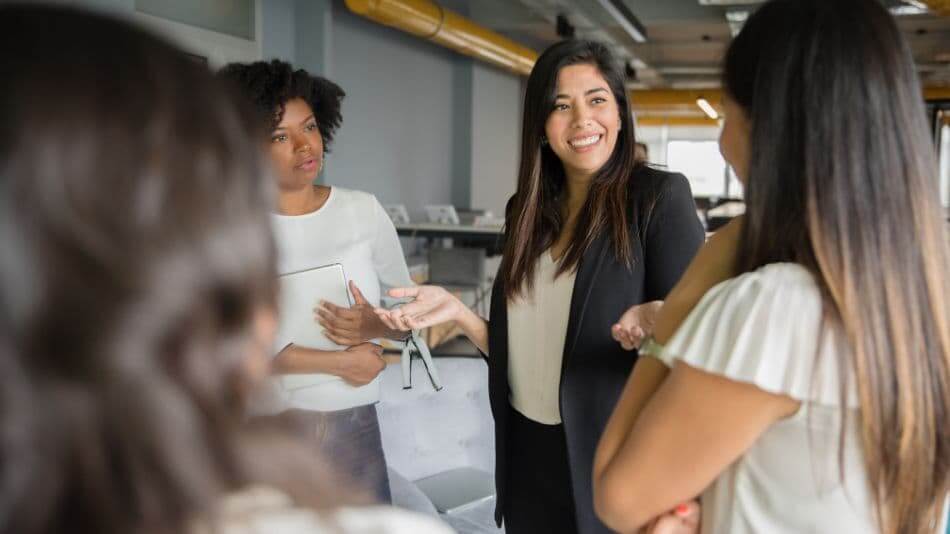In many ways, our story started with a book.


What’s inside.
- First, that a full-fledged and nuanced understanding of “cultural responsiveness” is essential to successful school leadership.
- Second, that cultural responsiveness will not flourish and succeed in schools without sustained efforts by school leaders to define and promote it.
- Finally, that culturally responsive school leadership comprises a number of crucial leadership behaviors, which include critical self-reflection; the development of culturally responsive teachers; the promotion of inclusive, anti-oppressive school environments; and engagement with students’ indigenous community contexts.

School administrators, district-level administrators and other school leaders are all crucial to the process of humanization in schools. School leaders must be students of the histories of the communities they serve, including the traditional barriers to education that communities have faced. School leaders must also understand the historical context of the institutions they represent to these communities. But they shouldn’t stop there. They must, then, be able to translate this knowledge into effective leadership practices in their schools and districts. Until now, researchers and practitioners have not been able to translate histories of oppression (for example, knowledge of racism and marginalization of ELL students) into viable and sustainable, educational leadership practice. Here at CRSLI, we help school leaders and staff accomplish this.
“Khalifa draws on his own experience as an educator in Detroit to provide others who choose to take on this difficult but important work with insights that are invaluable and not typically learned in graduate school. For educational leaders who genuinely seek to make a difference this book will be an invaluable resource.”
—Pedro A. Noguera, is the Emery Stoops and Joyce King Stoops Dean of the USC Rossier School of Education
The big takeaway.
Culturally Responsive School Leadership pairs real-world examples of systemic marginalization with specific strategies for how leaders can truly learn to interrupt systems that work only for some.
“It was a pleasure to attend one of the workshops led by Dr. Muhammad Khalifa as he and his team engaged School District of Philadelphia leaders in effective leadership. We know that effective leadership is inseparable from culturally proficient leadership and to understand the context in which we lead our schools and districts, we must understand the context we are in. Dr. Khalifa’s adroit ability to engage participants in this deep, intellectually rigorous work will undoubtedly lead to accelerated student outcomes.”
Sharif El-Mekki - Chief Executive Officer - The Center for Black Educator Development

